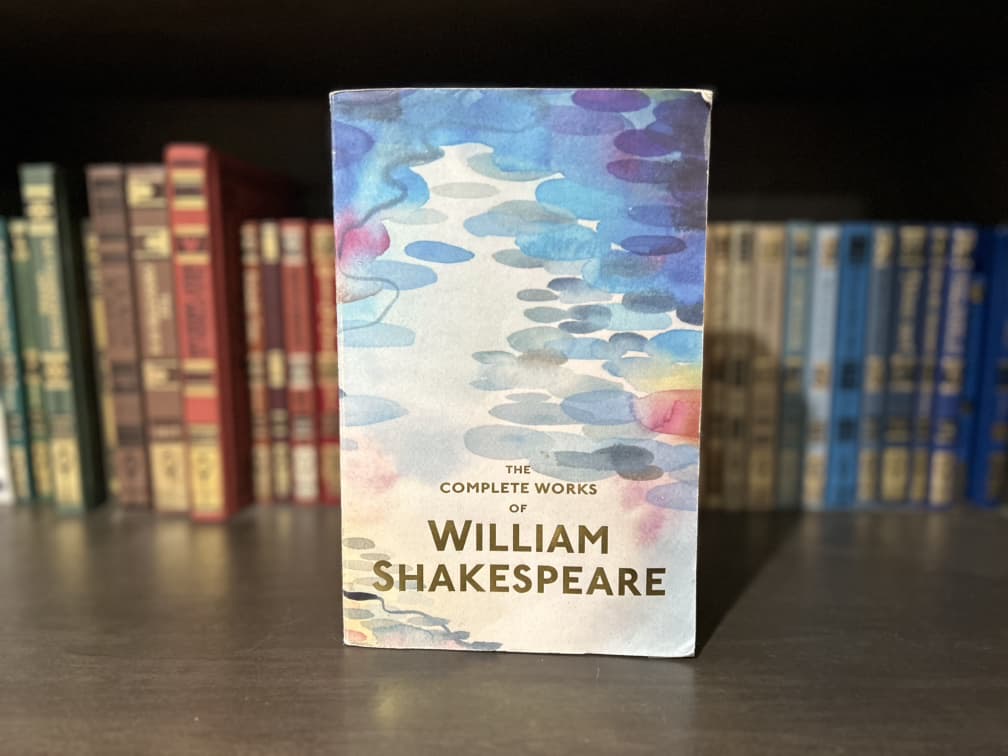Review of Shakespeare
Hailed as one of the most impactful literary authors in human history, William Shakespeare’s plays have achieved immortal fame. Titles like Macbeth, Julius Caesar, or A Midsummer Night’s Dream are known by the vast majority of people who enjoy media, whether in book or video format. How do the three main categories of Shakespeare’s plays compare against each other?

Among the three dozen or so plays we have remaining from Shakespeare, we can see three themes or categories emerge: historical plays, romantic plays, and tragic plays. After reading at least two plays in each category, I have come to some general conclusions about what defines these groupings.
Historical plays have clear and purposeful storylines, romances focus on emotions, often at the expense of the storyline, and tragedies revolve around morbid topics, especially murder. While each play is not necessarily defined by the faults of the other plays in its category, the general principles seen in one will often be found in its neighbors.
The historical plays satisfied my desire for a good storyline more than the other two types of plays. Because these stories are based on actual events, they are forced to move in a purposeful, reasonable manner. While it is still easy to become confused among the long, complex speeches typical of Shakespeare’s characters, I still felt mostly satisfied with the story upon concluding the play.
Out of the plays I read (all three parts of Henry VI, both parts of Henry IV, and Julius Caesar), I enjoyed Julius Caesar the most. Due to the dramatic events that took place in such a short amount of time, this play was enjoyable to read and kept pace well. It also included some of my favorite passages out of all the plays I’ve read.
The plays about Henry VI and IV were drier due to their much greater length. It is much easier to become lost among the long and numerous speeches within these plays compared to Julius Caesar. Regardless, the main appeal I found in the historical plays is the structure and logical storyline, which keeps you grounded among the challenging verbiage and voluminous orations.
In my opinion, the romances are the weakest plays Shakespeare wrote. They are characterized by drama that lacks actual causes and a storyline that leaves you feeling remarkably unfulfilled.
A Midsummer Night’s Dream is the best example of these flaws. The entire play takes place throughout one evening and ends after only one or two elements in the story have changed. The only changes that happen are caused by magical spells, foolishly placed upon the wrong people, and most are reversed near the end of the play. Thus, all the time you spent reading is only rewarded by one more couple falling in love with each other.
Much Ado About Nothing is aptly titled, as a big fuss is made over very little. Once again, you spend a large amount of time reading the play only to be rewarded with a very predictable ending. This is not to say the plays are poor reading material or should be stripped of their classic title, but it is to say that their quality is less than Shakespeare’s other plays.
The third and final category is the tragedies, which contain some of Shakespeare’s most famous plays, Hamlet and Macbeth. Compared to the histories and tragedies, I place the tragedies right between the two, a close second to the histories. They are better than the romances but have weaknesses that are not found in plays like Julius Caesar.
Both plays revolve around murder, but for different reasons. Hamlet murders to avenge the assassination of his father and the infidelity of his mother, while Macbeth murders to gain a crown and ensure his crooked reign. These stories are dramatic and eventful, which puts them above the romances, but they lack some of the structure and finality found in the histories.
Additionally, the events in the stories may sometimes suffer from a lack of logic, leaving you slightly confused as to why the characters made that decision. However, it cannot be denied that the stories are very entertaining, which likely leads to the amount of fame they have garnered.
Reading Shakespeare’s original plays is difficult but can be rewarding, depending on what you’re expecting and which play you read. After reading some of the histories, tragedies, and romances, I’ve concluded that the histories have the highest quality, slightly above the tragedies, and the romances have the lowest quality due to poorer storylines and structure. However, all the plays are worth reading for their literary and historical value, having influenced Western literature since they were written.
